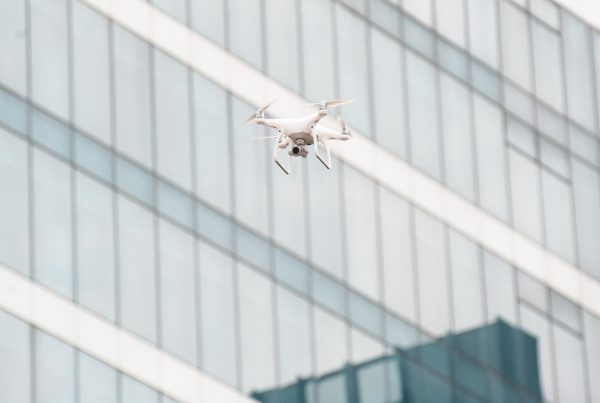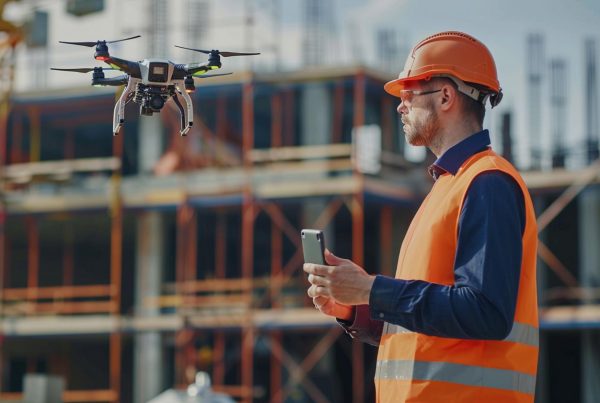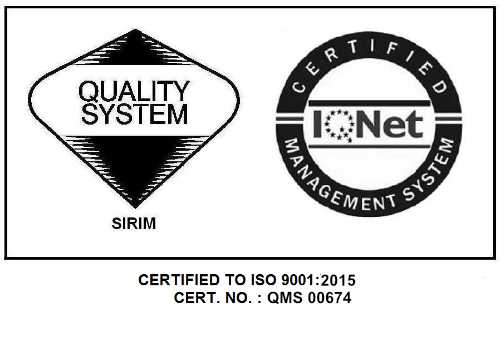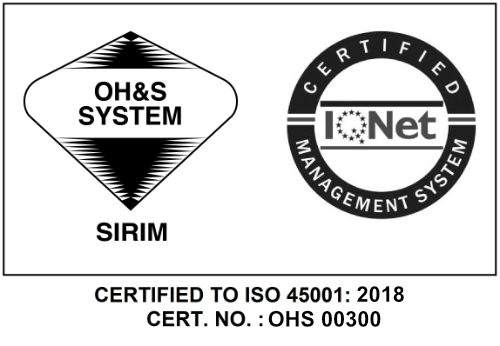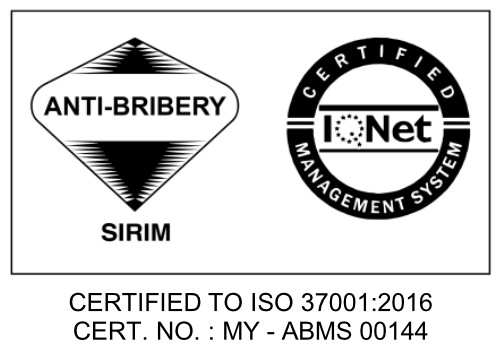
The construction industry is transforming, driven by the proliferation of smart cities. These urban landscapes, enhanced by the Internet of Things (IoT), are futuristic concepts and realities reshaping how cities are built and operated. In 2020, global investment in smart city initiatives surged to US$124 billion, a nearly 20% increase from the previous year, signalling a robust trajectory for the sector. Projections suggest that this figure will rise to US$203 billion by 2024, expected to exceed US$676 billion by 2028.
Smart cities are revolutionising urban infrastructure by integrating advanced technologies at every level. This new paradigm, focused on efficiency and connectivity, sees IoT devices embedded throughout urban environments, constantly collecting and analysing data. This data-driven approach facilitates more informed decisions about resource allocation and city management, leading to more sustainable and efficient urban living. The pivotal role of IoT in this transformation underscores the necessity for construction companies to adapt to this new reality.
This shift necessitates a profound adaptation of methods and materials for construction companies. Incorporating IoT technologies into building designs is no longer optional but a requirement to stay relevant. This includes utilising smart materials that interact with the city’s network to optimise energy use, enhance structural health monitoring, and improve overall building efficiency.
The escalating demand for smart city projects is compelling construction firms to embrace innovation. This is about gaining a competitive edge and survival as technological advancements rapidly reshape the industry’s landscape. Companies that can effectively integrate new technologies into their operations are well-positioned to lead in the creation of these interconnected urban spaces, highlighting the competitive advantage of embracing IoT technologies.
The evolution towards smart cities demands that the construction industry keep pace with technological advancements and anticipate future trends. This involves a strategic overhaul in the projects’ approach—from planning and design to execution and maintenance. The result is a more agile, responsive, and efficient construction process that aligns with the dynamic needs of modern urban environments.








